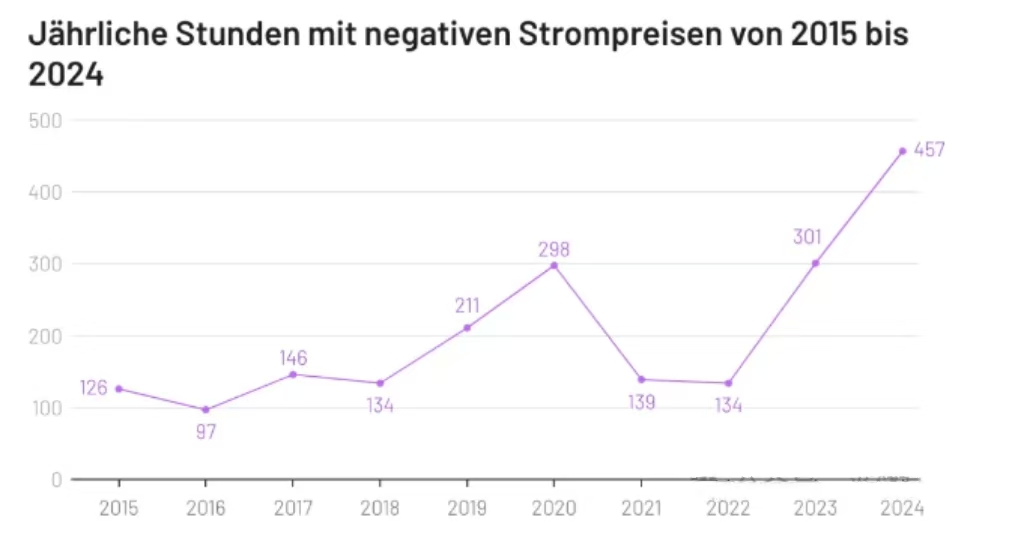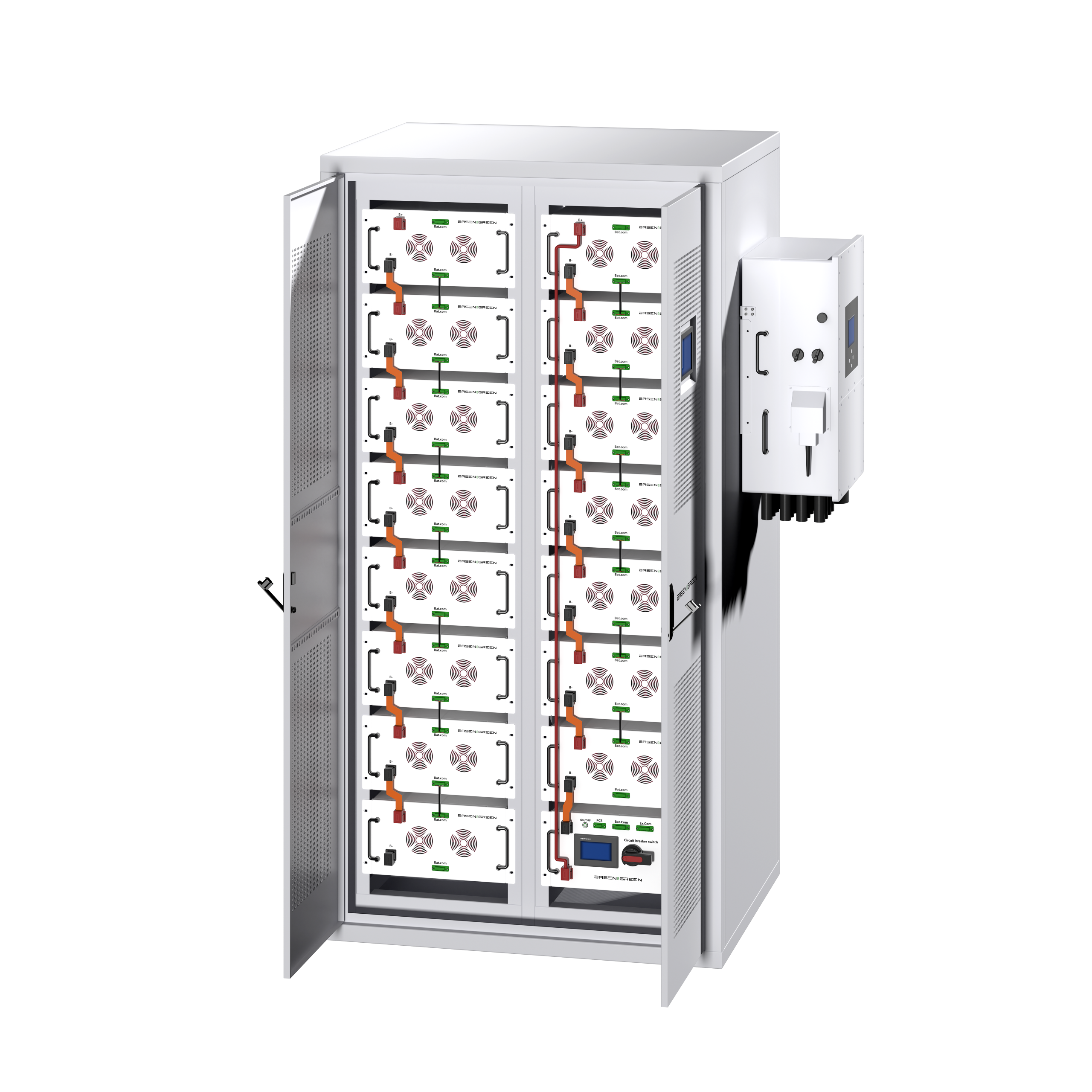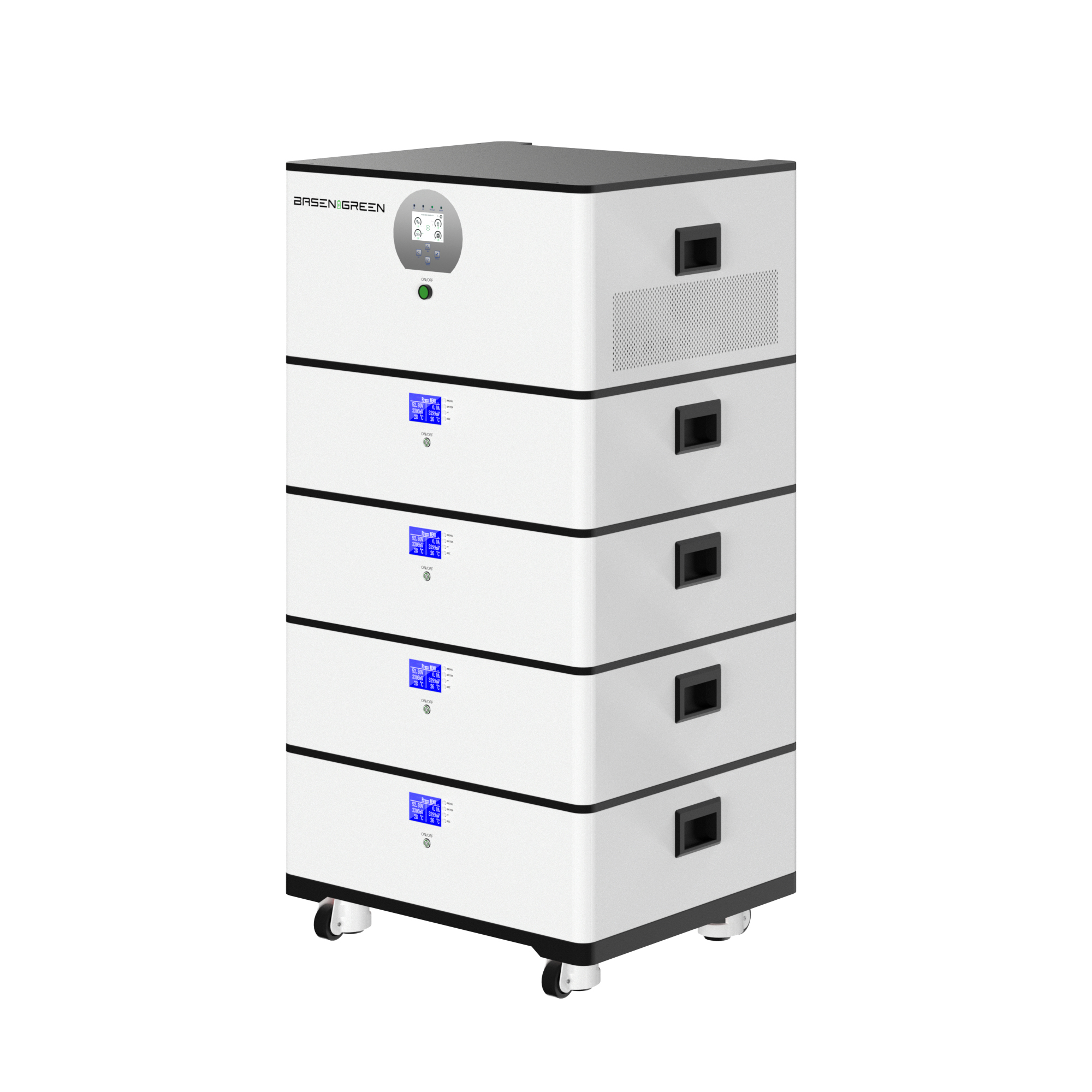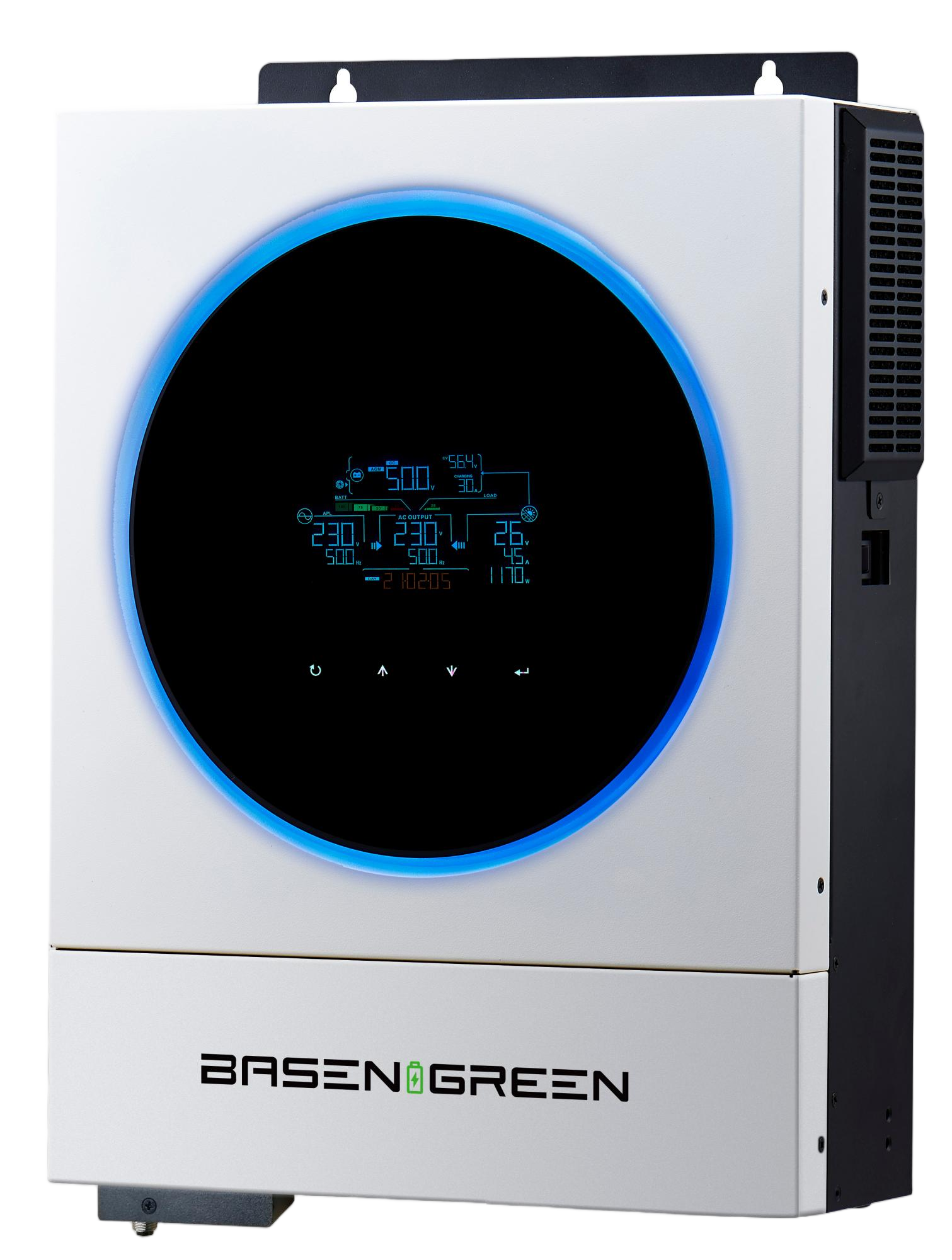Optical storage planet was informed that recently, Germany introduced a new photovoltaic subsidy policy “solar peak” program (Solarspitzen): for photovoltaic feed-in tariffs to make important adjustments to the power market tariffs become negative tariffs, photovoltaic feed-in tariffs for 0. This policy not only adjusts the subsidy mechanism, but also for grid load management to open up new paths. This policy not only adjusts the subsidy mechanism, but also opens up a new path for grid load management.
Important changes brought by the [Solar Peak Energy Act]:
According to the new regulation, new PV systems without smart meters can only input up to 60% of their rated power into the grid, preventing grid overloading due to unregulated PV power generation on particularly sunny days; and the PV feed-in tariff will be 0 if the electricity market tariff becomes negative. 2024, there were 457 hours of negative tariffs;

Scope of application: PV systems over 2kW
According to the new regulation, all PV systems over 2kW are applicable. This means that not only large PV ground-mounted plants, but also many rooftop PV systems installed in homes and businesses will be affected by these new regulations. For new PV systems that are not equipped with smart meters, their feed-in power will be limited to 60% to ensure grid stability and security. This restriction will be lifted automatically once smart meters are installed. Existing PV systems are not affected by this regulation.

Preferential Relocation of Existing Power Plants
For a smooth transition to the new policy, the German government also provides support measures for existing PV systems to voluntarily switch to the new policy. PV systems that switch to the new regulation can benefit from an increase in the feed-in tariff of 0.6 euro cents per kWh, which provides a financial incentive for technological upgrades and grid adaptation of the systems.
According to the German Photovoltaic Association (BSW), the new policy will not significantly affect the profitability of new PV systems. Disadvantages are turned into economic advantages through the introduction of smart meters and compensation mechanisms. Especially when the spot market price of electricity is negative, PV systems can be flexibly deployed through the configuration of energy storage, which further improves their economic performance. In the long run, this policy will promote the innovation and layout optimization of PV technology and promote the sustainable development of renewable energy in Germany.
BASENGREEN Comment
When photovoltaic power generation becomes the burden of the grid, the German government offered heavy regulation! From the mandatory power limit to negative tariffs when the photovoltaic net gain to zero, this policy change, will also trigger new market opportunities, good smart meters, good energy storage!






